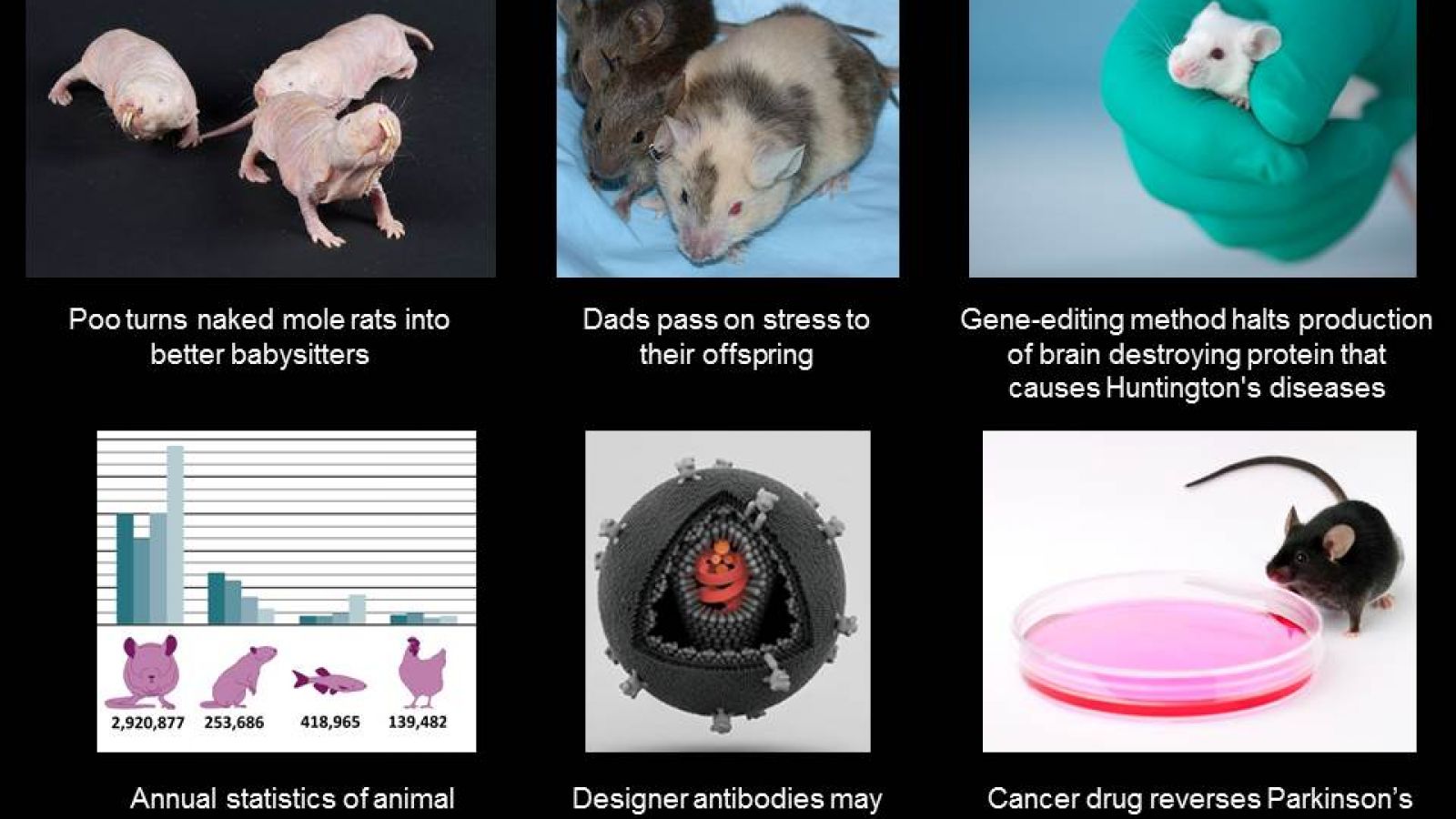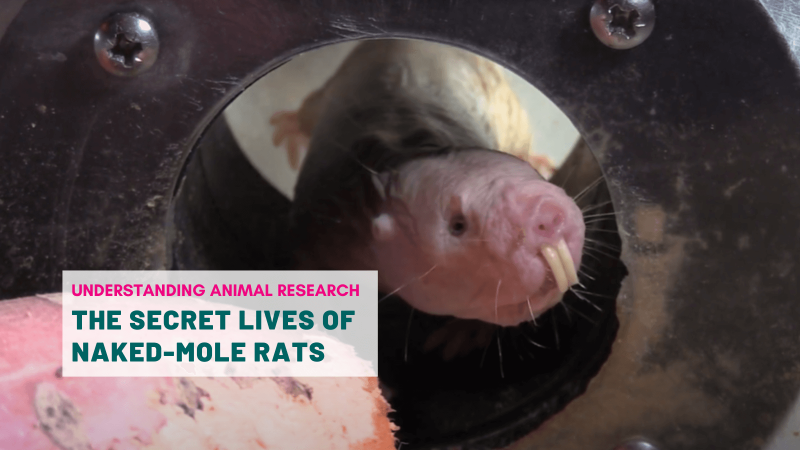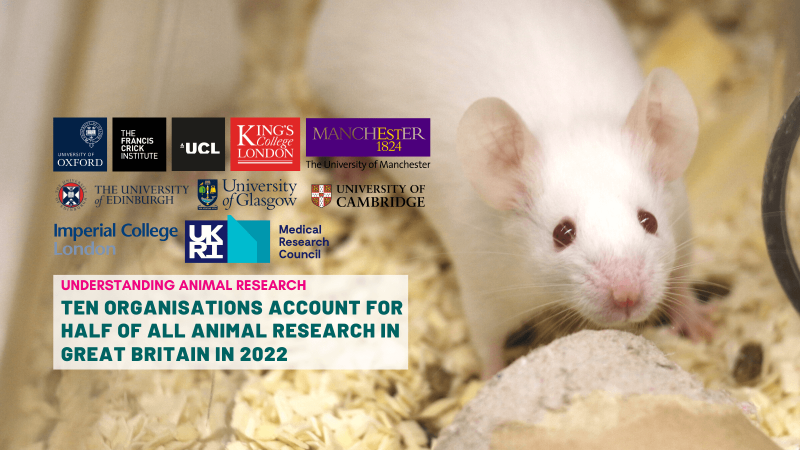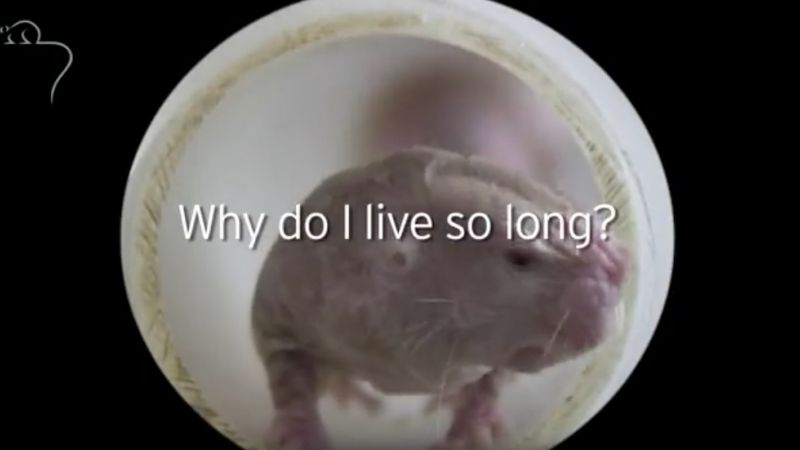20/10/15
Cancer drug reverses Parkinson’s disease and dementia
Nilotinib, an approved drug used to treat leukemia has dramatically reduce symptoms in people with Parkinson’s disease or a similar condition called dementia with Lewy bodies during a six-month pilot study. Initially, in vitro experiments illustrated that the drug was able to clear the neurotoxic protein associated with Parkinson's in brain cells. This was followed by experiments in transgenic mice that were almost completely paralyzed from Parkinson's disease; when given the treatment they were able to move almost as well as healthy mice. If the drug's effectiveness is confirmed in larger, placebo-controlled studies, nilotinib could become the first treatment to interrupt a process that kills brain cells in Parkinson's and other neurodegenerative diseases, including Alzheimer's.
22/10/15
Annual Statistics of Scientific Procedures on Living Animals, 2014
The Home Office released the National Statistics publication Annual Statistics of Scientific Procedures on Living Animals, Great Britain 2014 today (22 October 2015). The publication provides information about scientific procedures performed using living animals during the year 2014, as regulated by the Animals (Scientific Procedures) Act 1986.
Designer antibodies may rid body of AIDS virus
Anti-HIV drugs halt the symptoms of the disease but have never eliminated completely the virus from anyone. HIV is very good at evading all our defences, by residing in the cells that are looking for it – LT4 white blood cells. Two new studies show that artificial antibodies could ‘redirect’ the immune response to these latently infected cells and help drain those HIV reservoirs in the body. Although these in vitro studies have been successful, work is now underway in monkey models.
http://news.sciencemag.org/biology/2015/10/designer-antibodies-may-rid-body-aids-virus
Poo turns naked mole rats into better babysitters
Mole rats are very sociable weird animals, and one of the reasons they are so weird is that they eat one another’s, and their own, faeces. But this isn’t done just for fun; scientists have found a biological motivation for this behaviour. Like bees, naked mole rats live in eusocial colonies, with only one queen rat and a few males that can reproduce. The rest of the colony consists of dozens of infertile, sexually immature – so don’t produce hormones - subordinates that help with tasks such as foraging, taking care of the pups and defending the nest. The Oestrogen in queen mole rat’s faeces drives her subordinates to care for her pups. The boost in female hormone from the queen’s faeces activates their maternal behaviour.
http://www.nature.com/news/poo-turns-naked-mole-rats-into-better-babysitters-1.18606
Stressed dads pass it on to their offspring
Researchers have found that stress can be inherited by a set of nine regulatory molecules called microRNAs. These miRNAs are present in greater quantities in the sperm of stressed-out male mice and the stress is transmitted to their offspring – they show similar reduced cortisol levels in response to stressful situations. Moreover, mouse zygotes injected with the microRNAs develop the same blunted cortisol level, which means they are partially to blame.
https://www.sciencedaily.com/releases/2015/10/151019154111.htm
23/10/15
Gene-editing method halts production of brain destroying protein that causes Huntington’s disease
Huntingtons disease is a neurological condition caused by brain-destroying mutant proteins which afflicts about 30,000 Americans and has no cure. However, scientists have developed a new gene-editing method that can halt the production of the defective proteins in mice. This is the first time the new CRISPR method, which uses RNA-guided enzymes to snip out or add segments of DNA to a cell, is applied to Huntington’s disease. The results are promising and many believe it will lead to a Nobel Prize.
Last edited: 28 July 2022 08:36




